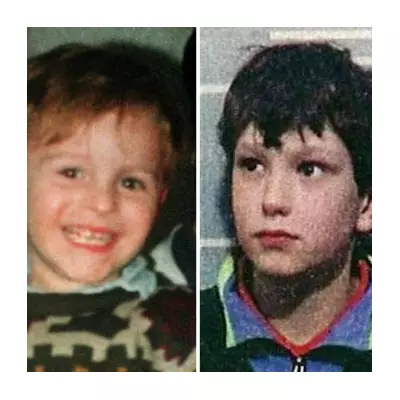
The heartbroken families of the four University of Idaho students brutally murdered in their off-campus home have been dealt another devastating blow, as compensation claims have been denied in a shocking legal development.
Compensation Board Delivers Crushing Verdict
According to exclusive reports, the Idaho Crime Victims Compensation Program has rejected financial assistance applications from relatives of the victims, leaving them to shoulder enormous costs alone. The decision comes despite the ongoing murder case against prime suspect Bryan Kohberger, who stands accused of the November 2022 killings that shocked the nation.
Families Face Mounting Financial Burden
The rejection means families of Kaylee Goncalves, Madison Mogen, Ethan Chapin, and Xana Kernodle must now cover all expenses related to the tragedy themselves. These costs include:
- Funeral and burial expenses
- Travel costs for court appearances
- Psychological counselling services
- Lost wages from time off work
- Various other incidentals related to the case
Legal Battle Intensifies Amid Compensation Setback
While the compensation board's decision represents a significant setback, it's understood the families may still pursue civil lawsuits separately from the criminal proceedings. However, such legal action would likely depend on the outcome of Kohberger's trial, scheduled for later this year.
The 28-year-old criminology PhD student maintains his innocence through legal representatives, pleading not guilty to four counts of first-degree murder and one count of burglary.
Community Support Emerges as Crucial Lifeline
With official compensation routes closed, the victims' families are increasingly relying on community support and crowdfunding efforts to manage the financial impact of their unimaginable loss. Local organisations and national advocacy groups have reportedly stepped in to provide assistance where state mechanisms have failed.
This development highlights ongoing concerns about the adequacy of victim support systems across the United States, particularly in high-profile cases that generate massive media attention but leave families struggling with practical realities.
As the legal proceedings against Bryan Kohberger continue, the compensation rejection adds another layer of complexity to a case that has already captured international attention and raised serious questions about campus safety and justice system support for victims' families.





